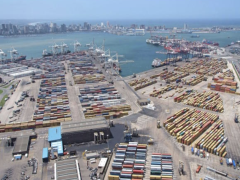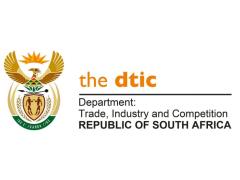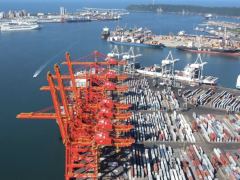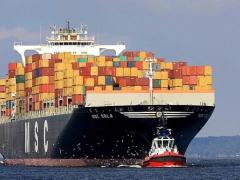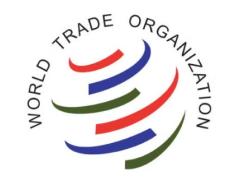Infrastructure spend in Africa is projected to reach $180bn per annum by 2025, according to PwC’s Capital Projects & Infrastructure in East Africa, Southern Africa and West Africa, report issued earlier this year.
According to Jonathan Cawood, capital projects & infrastructure leader for PwC Africa, the continent continues to attract the interest of global investors, developers and operators searching for growth.
“While there are short-term concerns in some of Africa’s regions, the opportunities abound for infrastructure investment and development.”
He said more than half of the respondents surveyed for the report indicated that their planned spending on infrastructure – both new projects and refurbishment of assets – would increase by more than 25% from the previous year.
Interviews were conducted among 95 key players in the infrastructure sector, including development finance institutions, private financiers, government organisations and private construction and operations companies across East, West and southern Africa.
The sectors surveyed included water, transport and logistics, energy, mining, telecoms and real estate, with the main focus being on economic infrastructure.
“Respondents said much of their spending would be focused on new development, with 51% of all respondents planning to spend more than half of their budgets on new assets,” said Cawood, adding that with an abundance of natural resources and recent mineral, oil and gas discoveries, demographic and political shifts and a more investor-friendly environment, the investor spotlight was shining brightly on Africa.
“While respondents are clearly committed and optimistic about the continent’s infrastructure development, there are a number of obstacles they recognise must be dealt with. Resolving these quickly and creatively will not only positively affect their current projects, but more importantly, will attract other project developers, owners and investors to enter the African market,” commented Cawood.
He said that despite its slow growth, South Africa remained the powerhouse of the sub-Saharan Africa (SSA) region with the most sophisticated infrastructure, state-owned entities, financial services, telecommunications, regulation and greater industrial and sector capacity.
Cawood pointed out that funding remained a major challenge to infrastructure development, with a number of concessions having been cancelled by governments in the SSA region.
“An improvement in transparency, regulation and procurement is needed to help restore the confidence of foreign investors in partnership models,” said Cawood.


